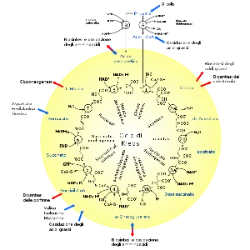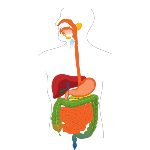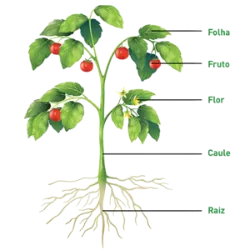Drug Metabolism

Drug metabolism and biochemical toxicology are crucial areas of modern medicine, addressing how drugs are processed by the body and how toxic substances affect the organism. After a drug is administered, the body metabolizes it primarily in the liver, where enzymes such as cytochrome P450 convert the drug into more easily eliminated forms. This process can transform an active drug into an inactive one or, in some cases, generate active metabolites that enhance the therapeutic effects.
Metabolism can be influenced by several factors, such as age, genetics, diet and interactions with other drugs. These variations can affect the efficacy and safety of treatment, leading to adverse effects or therapeutic failures. Biochemical toxicology studies how chemicals and drugs can cause cellular and organ damage. Toxic substances can interfere with cellular functions, causing damage to the liver, kidneys, nervous system or DNA, which can result in serious diseases such as cancer or liver failure.
Understanding drug metabolism and toxicological risks is essential for the development of new drugs, dose adjustments and strategies to minimize adverse effects, improving the safety and efficacy of pharmacological treatments and promoting public health.
Did you know?














